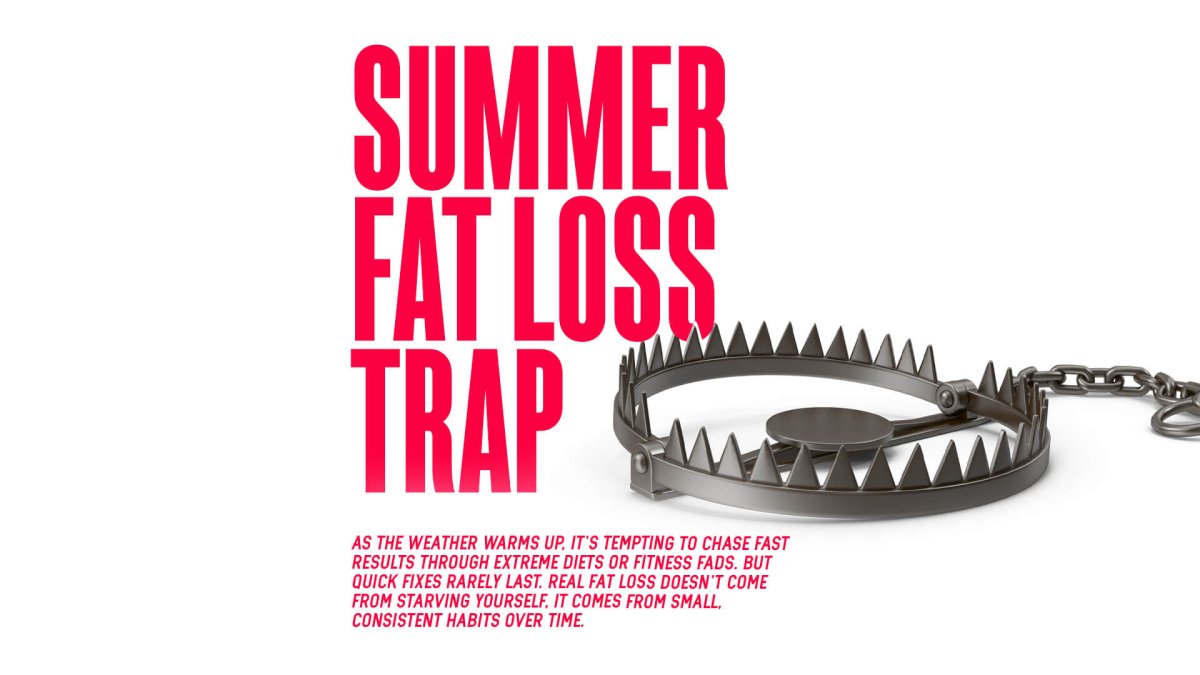Caffeine is one of the most widely consumed psychoactive substances in the world, found mostly in coffee, tea and energy drinks. While moderate caffeine intake can enhance alertness and concentration, its effects on mental health, particularly anxiety, have been a subject of extensive research and discussion.
How Caffeine Affects The Body & Brain
Caffeine works primarily by blocking adenosine receptors in the brain. Adenosine is a neurotransmitter that promotes relaxation and sleepiness. When its action is inhibited, the brain experiences increased alertness and wakefulness. Additionally, caffeine stimulates the release of adrenaline (epinephrine), the "fight-or-flight" hormone, which prepares the body for action by increasing heart rate, blood pressure, and energy availability. These physiological effects can mimic or exacerbate symptoms of anxiety, such as nervousness, restlessness, rapid heartbeat, and jitteriness.
Caffeine & Anxiety: The Link
Numerous studies have shown that caffeine consumption, especially in high doses, can induce or worsen anxiety symptoms. Individuals who are prone to anxiety disorders, including generalised anxiety disorder or panic disorder, may find that caffeine intensifies their feelings of worry and physiological stimulation. For some, even moderate amounts of caffeine can trigger anxiety attacks or increase baseline anxiety levels.
The relationship appears to be dose-dependent however, low to moderate caffeine intake may have minimal or no effect on anxiety in many people, but high doses are more likely to provoke anxiety symptoms. Sensitivity to caffeine varies between individuals due to genetic factors, tolerance levels, and existing mental health conditions.
Managing Anxiety Related To Caffeine
For those experiencing anxiety symptoms, monitoring and potentially reducing caffeine intake is a practical approach. Switching to decaffeinated beverages, limiting caffeine to earlier in the day, or gradually reducing consumption can help mitigate anxiety-related side effects. Consulting a healthcare professional is advisable for individuals with significant anxiety issues or those considering lifestyle changes related to caffeine.
Wrapping Up
Caffeine and anxiety share a complex, dose-dependent relationship. While caffeine can enhance alertness and focus, it can also provoke or worsen anxiety symptoms, particularly in susceptible individuals or when consumed in large amounts. Understanding this correlation allows individuals to make informed choices about their caffeine consumption and manage anxiety more effectively.














